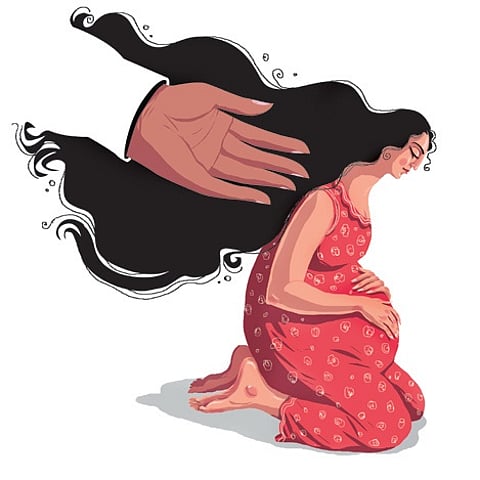

BENGALURU: After a woman, who delivered twins, tragically lost her life after being infused with the wrong blood group in Vijayapura district, health experts stressed the need for a comprehensive maternity facility involving multidisciplinary experts, specialized labour gynaecologists, and linked blood banks. Further, they advocated for a high-dependency unit equipped to promptly manage complications like excessive blood loss and other critical symptoms.
The incident was reported in Dadamatti village near Babaleshwar, where Sharada Dodamani was admitted for delivery at a district hospital allegedly resulting in her death to a blood transfusion.
Dr Ramesh GH, Head of Emergency and Intensive Care Unit (ICU), Bangalore Medical College and Research Institute (BMCRI) said, “The hospital staff, including doctors and nurses, must adhere to the standard protocol of checking blood and blood products before transfusion, which includes verifying the blood group, Rh factor, date, and temperature. Furthermore, maintaining the temperature and ensuring prompt transfusion after thawing the blood are essential aspects to prioritize.”
Highlighting the loopholes, Dr Ramesh noted that many hospitals lack well-equipped Intensive Care Unit (ICU), ventilators, and necessary supportive adjuncts, along with trained intensivists who can effectively manage such units.
Dr Ramesh suggested that maternity centres should incorporate a blood bank. Additionally, regular training sessions should be mandated for both the blood bank officer and staff.
Dr N Sapna Lulla, Lead Consultant, Obstetrics and Gynaecology, Aster CMI Hospital said, “It is crucial to have a labour gynaecologist or a specialist present during a blood transfusion, as symptoms can vary from minimal to severe during the procedure.”
In instances of blood transfusion reactions due to mismatched blood groups, the immediate response should be to halt the transfusion and secure the intravenous (IV) line, Dr Sapna highlighted the importance of understanding that excessive bleeding can occur not only during Cesarean births but also during normal vaginal deliveries. Hence, it is crucial to opt for a delivery method and centre that prioritize the safe birth and post-delivery health of the mother, she emphasized.